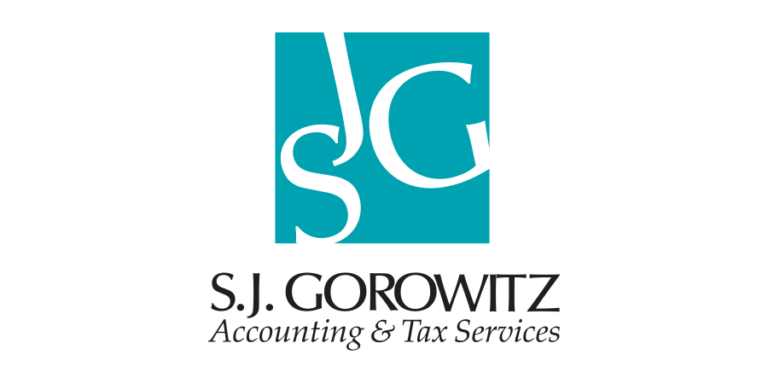Did you pay a lot in state taxes this year? You can potentially save 10% or more. Sounds like one of those too good to be true commercials, doesn’t it?

The majority of my blogs try to dissuade tax myths and educate business owners and individual taxpayers on some of the nuances of tax law, but this unlikely-sounding scenario is no myth. Normally, the income, expenses and credits you earn are yours and can’t be transferred to someone else – not even your children. However, there is one situation where one taxpayer can acquire the tax attributes of another: state tax credits.
Georgia has a law that allows certain tax credits earned by one taxpayer (usually a company) to be purchased at a discount and used by another taxpayer (usually an individual). That’s right, you can purchase tax credits. For example, an individual taxpayer can purchase $50,000 of GA Entertainment Tax Credits for $45,000. You write a check for $45,000 but a credit of $50,000 gets reported on your Georgia tax return. Yes, this $5,000 savings is this simple.
Specifically, I’m highlighting the basics of Georgia Entertainment Credits; other states have similar programs (although not as lucrative) and Georgia has other types of credits. On Georgia’s government websites you can find information about how the company applies and qualifies for the credits, but what about individuals who want to buy credits?
Ironically, the hard part of explaining the purchase of Georgia Entertainment Credits is that it’s so simple. Everyone expects a long, elaborate process, but from the buyer’s perspective, it couldn’t be simpler. A company goes through the process of getting approved for the credits and then it uses a broker to sell these credits to individuals who have a large state tax liability. There’s one form, listing the people they sold the credits to, that the company files with the state. The purchasers get a copy of the form for their files, and then they list the credit on their state return. This credit can be applied against the entire tax liability. It can be carried forward for up to 5 years, and can even be claimed on an amended return.
Why would the state do this? Aren’t they losing out on revenue? The key to understanding why this works is recognizing what the state gets out of the arrangement. In this instance, the state of Georgia is trying to build the entertainment industry by enticing talent and production into the state, thus increasing business and employment. Individual taxpayers are used to hearing about tax incentives for a specific company to bring a plant or building or headquarters to their state. Well in this case the tax benefit also helps individual taxpayers who aren’t necessarily affiliated with the company. Sounds way too simple, but it works!
There are specific brokers who deal in these credits. After all, the companies that qualify for them generally do not have a large Georgia tax liability and are in the entertainment business, not in the business of selling tax credits. So they contract with a broker who then works with CPAs and tax professionals to identify individuals who would like to purchase these credits. Since we are dealing with a large volume of credits (often the company has millions of tax credits), they are also sold in minimum sized blocks – usually $50,000 or $100,000.
Although this is a great tax deal, it’s not a fit for everyone. First, the taxpayer must have a pretty substantial tax liability to be able to afford a block (i.e. a $50,000 GA tax liability generally means you had taxable income of $800K or expect to have combined taxable income of $800K over the next 5 years) and also have available cash flow to purchase these credits. Although a block of $50,000 GA entertainment tax credits may cost only $45,000, the taxpayer has to have this $45,000 available immediately to facilitate the transfer.
Most strategies for significant tax savings require multiple steps, potentially complicated tax structures and several layers of professionals, each charging fees. This is one of the few tax savings strategies I refer to as a ‘no brainer,’ because it is such a simple method for generating tax savings. If you consistently have large GA tax liabilities or if you are going to have a onetime event (e.g. the sale of your business) which is going to generate a large GA tax liability, seriously consider purchasing GA Entertainment Tax Credits!
Our firm is knowledgeable about how these credits work and has resources to facilitate the purchase and illustrate the corresponding tax savings. If you think the strategy could benefit you, please contact us to learn more about this beautifully simple method to reduce your tax debt.
























